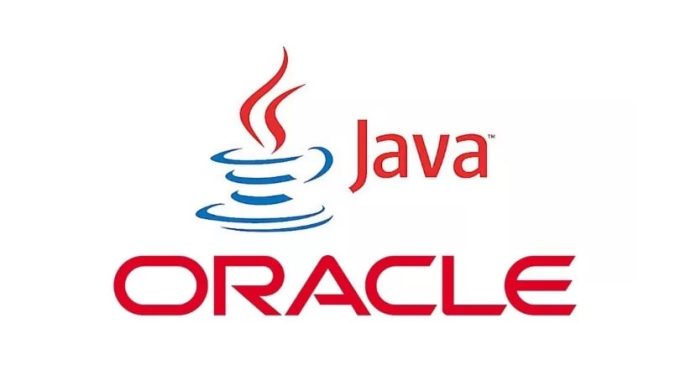Earlier this year, Oracle announced a substantial revision to its subscription model and global price list that is likely to have a huge financial impact on almost every end-user organisation, with a possible 30-fold increase in the current pricing model. Named as a leader on Gartner’s magic quadrant for Software Asset Management services for three consecutive years, SoftwareOne is well placed to assist organisations navigate the forthcoming changes. In 2022, SoftwareOne delivered over 150 Oracle advisory services globally, securing average cost savings of over 40% while avoiding excess costs of over R2 billion.
Streamlined licensing model for Oracle Java SE subscriptions
As of 24 January 2023, Oracle announced it would no longer sell Oracle Java SE subscriptions based on the Named User Plus or Processor license models. Instead, selling subscriptions based on the Employee for Java SE Universal Subscription metric.
Previously, the more licensable deployments an organisation had, the more subscriptions were required. The larger the servers on which an organisation had licensable deployments, the more subscriptions were required. As a result, many end-user organisations opted to cut costs by deinstalling licensable versions of Oracle Java, or downgrading to the public update version, consolidating their Oracle Java deployments to a smaller number of machines or implementing storage and network isolation for deployments on VMware.
What are the implications of the new licensing model?
“Under the new subscription model, known as the ‘Employee for Java SE Universal Subscription’ the quantity of licenses required is no longer determined by the number of employees using the programs, but by the total headcount number of employees in the organisation,” explains Marilyn Moodley, Country Leader for South Africa and WECA at SoftwareOne.
According to Oracle, eligible employees include full-time, part-time, and temporary employees, as well as those working for an organisation’s agents, contractors, outsourcers, and consultants who support internal business operations. “As such, when purchasing Java SE Universal Subscription licenses, the minimum quantity required must be equal to the number of employees at the time of the order,” Moodley elaborates. “However, the net monthly subscription price per employee per month will hinge on the number of employees required. The higher the headcount, the lower the monthly subscription fee will be per employee.”
Crunching the numbers
Organisations are now only permitted to install and run the Java SE Universal Subscription Program(s) on a maximum of 50,000 processors. Where total infrastructure exceeds more than 50,000 processors (for example, more than 100,000 Intel Xeon Cores), it will be necessary for enterprises to renegotiate with Oracle Sales to agree on appropriate pricing.
“Using a real customer scenario, if we consider an end user who has 214 processors and 1105 clients on which it wants to deploy licensable versions of Oracle Java. Under the old licensing and pricing model, the annual subscription fees for the client would be roughly R850,000. However, the end-user has 42,000 employees within its organisation, which means that under the new licensing and pricing model, the annual subscription fee for the client would be 42,000 x 5.25 over 12 months, which amounts to R26,460,000. This is an increase in price more than 30 times the fee applicable under the old model,” Moodley clarifies.
Informed strategies for cost reduction and risk mitigation
Navigating the complexities of licensing Oracle Java SE carries significant financial risks. To mitigate these risks, SoftwareOne Java Advisory Services offers valuable assistance for businesses by providing insights into the following areas:
- Identifying separate licensable installs of Oracle Java SE within organisations.
- Determining if updates are separately licensable or covered under existing agreements with application providers.
- Assessing vulnerabilities associated with licensable installs of Oracle Java SE.
“Armed with this information, we guide our customers in formulating strategies to curtail costs and reduce risk. We urge affected organisations to reach out to schedule a meeting with us to learn how we can support them in their transition by minimising disruption and alleviating the negative impacts of the new Employee for Java SE Universal Subscription model,” Moodley concludes.




